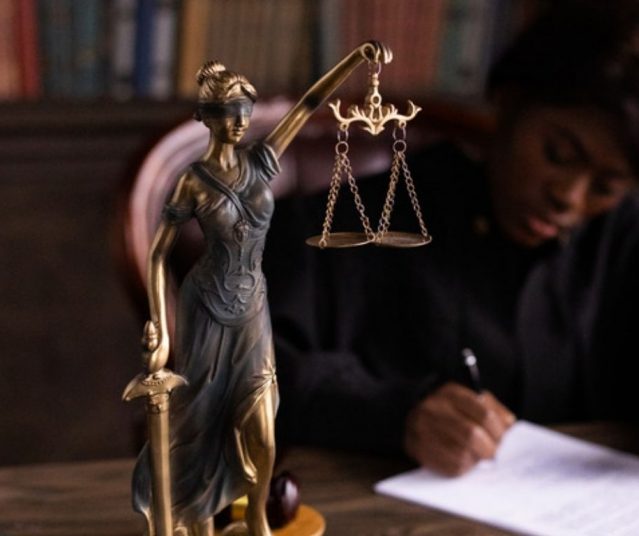
The NSW Attorney General yesterday announced reforms limiting a courts power to suppress a defendant’s identity in proceedings for a sexual offence.
The title of the media release “‘Embarrassment’ No Shelter for Sex Offenders” is an extraordinary admission, and discloses the one-sided approach. For the Attorney Generals’ Department to refer to defendant’s as “Sex Offenders” before any findings of guilt have been made is remarkable.
Unfortunately, this attitude is reflected in the substantive reforms.
Changes to Suppression Orders
Under the current law, to a certain extent all parties are treated equally. If either a witness, a complainant or a defendant can establish a suppression order is necessary to avoid causing undue distress or embarrassment, the court may consider making an order (section 8(1)). The court still must take into account the primary objective is to safeguard the public interest in open justice (section 6).
This approach views all parties equally, and reflects the presumption that a person charged with any offence, even a sexual offence, is innocent until a court says otherwise.
“Exceptional Circumstances”
The new reforms unfairly create a two-tiered system, requiring a defendant to get over the extra hurdle and establish there are exceptional circumstances why the suppression order should be granted.
It is unclear why this reform was required. Any practitioner appearing in criminal courts in NSW knows how difficult it is to have an accused’s name suppressed. The new reforms will make it almost impossible. The practical effect will be that many more accused who are ultimately acquitted will live with the consequences of being charged indefinitely.
It is never popular to speak up on behalf of the rights of accused persons, especially involving sexual allegations. But the one-sided approach that has dominated reforms in recent years is an affront to the operation of a fair and balanced justice system. These reforms continue that trend, and it something the Attorney General should be concerned with.
Photo by Ekaterina Bolovstova